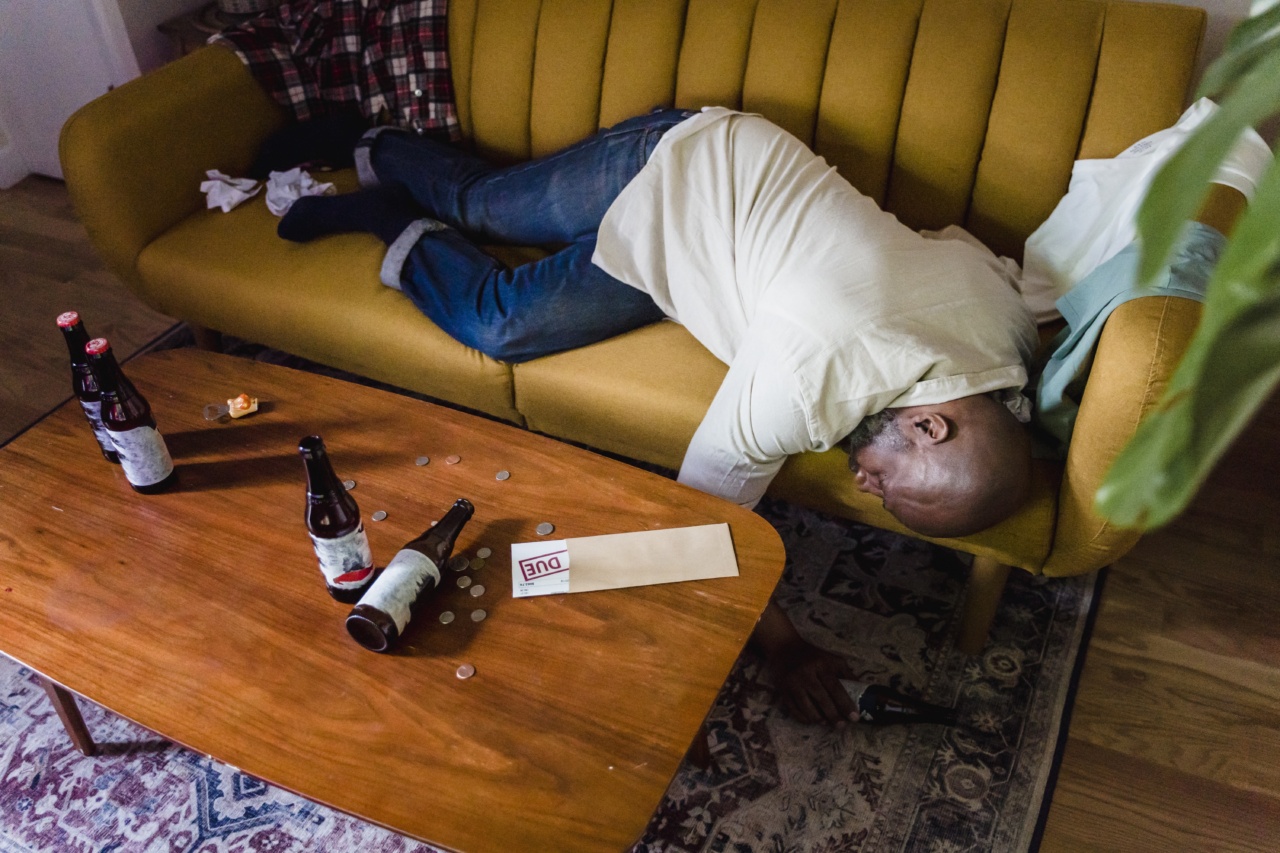Dealing with anxiety can be challenging, especially when it comes to getting a good night’s sleep. Anxiety can make it hard to relax, fall asleep, or stay asleep. Lack of sleep, in turn, can make anxiety worse and it can create a vicious cycle.
However, there are many methods that can help you sleep better and reduce your anxiety. In this article, we will discuss the top 10 proven methods for sleeping with anxiety.
1. Create a Sleep-Friendly Environment
The environment in which you sleep can have a significant impact on how well you sleep. Make sure your room is dark, quiet, and cool. This will help you fall asleep and stay asleep throughout the night.
If you live in a noisy area, try using earplugs or a white noise machine to block out the noise. Also, consider investing in blackout curtains to block out any light that may be interfering with your sleep.
2. Limit Your Screen Time
Exposure to the blue light emitted by electronics can disrupt your body’s natural sleep cycle. This can make it difficult to fall asleep and stay asleep.
Try limiting your screen time, especially at night, to help your body adjust to a normal sleep-wake cycle. You can also use applications like f.lux or Night Shift Mode, which reduce the amount of blue light emitted by your screens.
3. Establish a Bedtime Routine
Anxiety can often make it hard to relax and fall asleep. Establishing a bedtime routine can help you relax and signal your body that it is time to sleep. It can include activities like reading a book, taking a warm bath, or meditating.
Stick to your routine every night to help your body establish a healthy sleep pattern.
4. Exercise Regularly
Exercise can have numerous benefits on both your mental and physical health. Regular exercise can reduce your anxiety level and make it easier to fall asleep at night.
However, make sure to exercise at least three hours before bedtime to give your body enough time to cool down before you go to bed.
5. Use a Sleep Diary
A sleep diary can help you identify any patterns or habits that are interfering with your sleep. Write down when you go to bed, when you wake up, and how you feel during the day.
This can help you identify the best time to go to bed and wake up in the morning. You can also share this information with your doctor or therapist for a more accurate diagnosis and treatment plan.
6. Practice Relaxation Techniques
Relaxation techniques such as deep breathing, meditation, or yoga can help calm your mind and reduce your anxiety. Take a few minutes every night to practice these techniques before bed to help you unwind and ease into sleep mode.
7. Try Herbal Remedies
Herbal remedies such as lavender oil, chamomile tea, or valerian root can have a calming effect on your mind and body. These natural remedies can help you relax and get a good night’s sleep.
However, it’s important to talk to your doctor before taking any herbal remedies to make sure they won’t interact with any other medications you’re taking.
8. Limit Caffeine and Alcohol Intake
Caffeine and alcohol can interfere with your sleep cycle and make it difficult to fall asleep and stay asleep. Try limiting your intake of these substances, especially in the evening hours, to help your body establish a healthy sleep pattern.
9. Seek Professional Help
If your anxiety is interfering with your sleep and daily life significantly, consider seeking professional help. A therapist or psychiatrist can help you identify the root cause of your anxiety and develop a treatment plan that works for you.
They may also suggest medication or other therapies that can help manage your anxiety and improve your sleep.
10. Practice Self-Care
Self-care is essential for managing anxiety and getting a good night’s sleep. Practice self-care by engaging in activities that you enjoy, spending time with loved ones, or taking a relaxing bath.
Prioritize your mental health and take time for yourself to ensure that you can manage your anxiety and sleep better.































